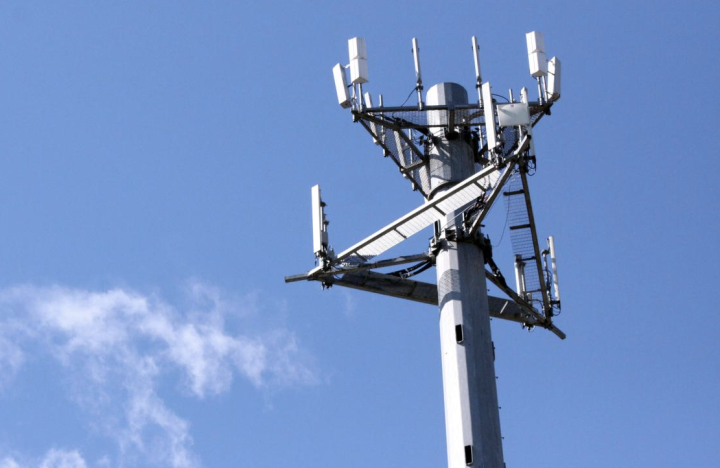
According to the company, 5G will deliver “several gigabits per second throughputs and single-millisecond latencies.” In other words, it will be a whole lot faster than the 4G speeds we enjoy today.
“The level of collaboration that we are seeing exceeds what we saw during 4G. This agile way of developing the specification and working with the ecosystem will enable us to get to market rapidly,” said Adam Koeppe, Verizon’s vice president of network technology planning, in a statement.
Of course, 5G is still very much in its early days. Carriers, including Verizon, have only just started conducting field tests to try and demonstrate the kind of performance that should be expected from the new standard. According to the company, it’s important to create a radio specification, because it provides a set of guidelines for vendors, carriers, and device makers to follow. The FCC also recently started paving the way for
Verizon has started pre-commercial trials in New Jersey, Massachusetts, and in Texas. Not only that, but the firm says that it will be the first major carrier in the U.S. to roll out the new standard, however it will likely take a while before anything is rolled out to customers on a large scale.
Interestingly enough, others in the wireless industry are a little unsure of exactly when their firms will be able to roll out 5G. According to T-Mobile, which is also testing 5G, the expected rollout of
Editors' Recommendations
- What is 5G? Speeds, coverage, comparisons, and more
- Visible’s affordable 5G plans just got even cheaper
- Visible just made its unlimited 5G plan better than ever
- Have T-Mobile? Your 5G service is about to get much faster
- Your next phone could get a huge 5G upgrade, thanks to AI


